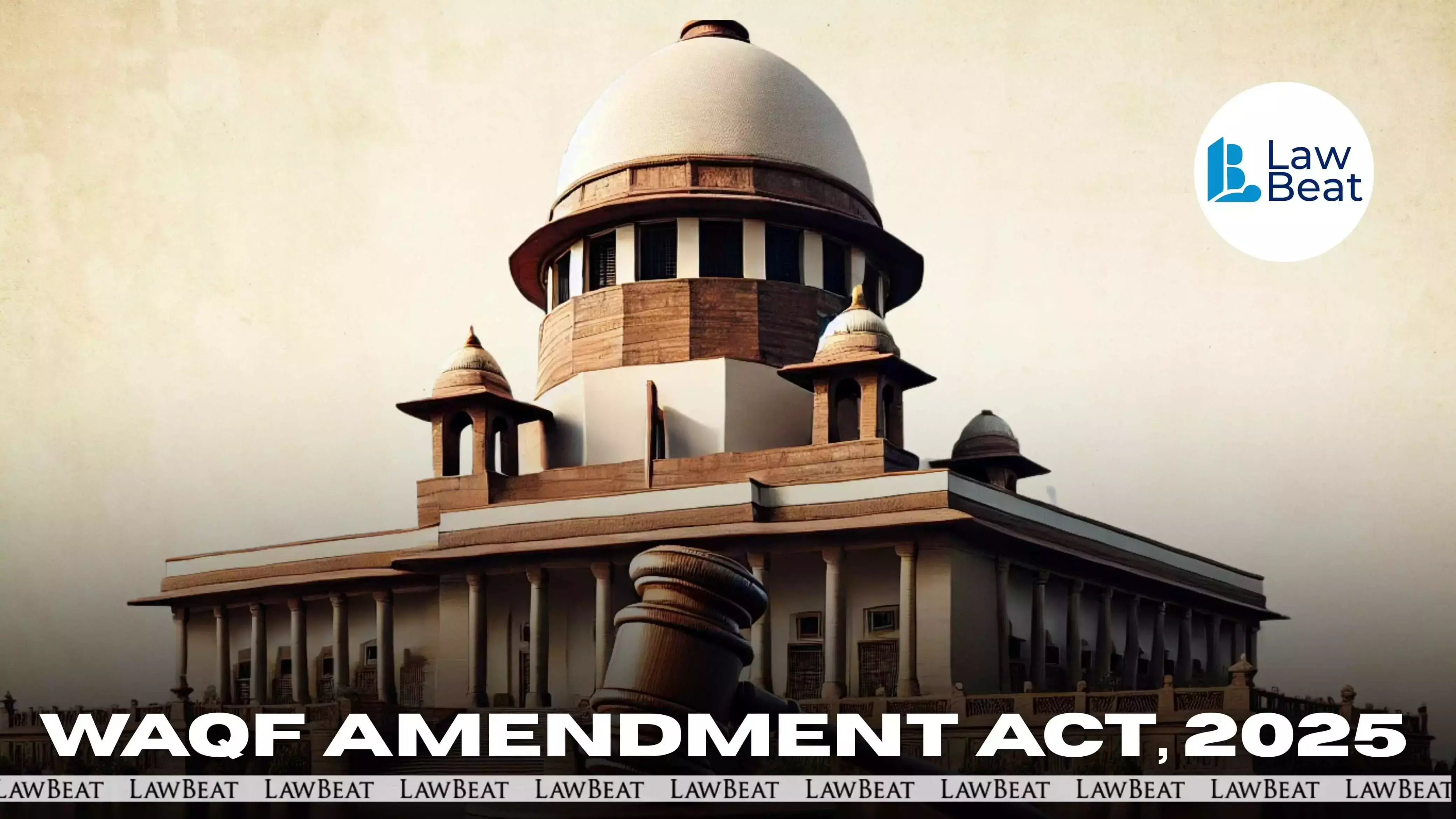Kerala moves Supreme Court to intervene in petitions challenging Waqf Amendment Act

Kerala government has moved Supreme Court of India seeking to intervene in a batch of petitions challenging the Waqf Amendment Act of 2025.
Supreme Court last Thursday had agreed to hear a batch of petitions challenging the constitutional validity of the Waqf (Amendment) Act, 2025.
The Bench led by Chief Justice of India (CJI) BR Gavai, along with Justice AG Masih, had indicated that the initial focus would be limited to interim relief.
Previously before Court
It is to be noted, that on May 5, the Supreme Court Bench led by then CJI Sanjiv Khanna had observed that the matter will be heard by a different bench as he was demitting office on May 13.
During the brief proceedings, then CJI Khanna had remarked that the Bench had not delved into the counter affidavit in depth.
He had noted that while certain issues around registration and statistics had been raised, “those will require closer scrutiny.”
He clarified that he did not intend to pass any interim order or reserve judgment at this stage. “If all parties agree, we can list the matter before a bench led by Justice Gavai on Wednesday,” the CJI had suggested.
The All India Muslim Personal Law Board, in a rejoinder to the preliminary affidavit filed by the Centre, last month have asserted that the recent legislative changes in the Waqf (Amendment) Act, 2025, infringe upon fundamental rights and were passed through a flawed parliamentary process. The Board argued that the Respondents’ defense, that the amendments do not affect essential religious practices, is legally untenable. It stated that compelling the Petitioners to undergo the “Essential Religious Practices” (ERP) test is not only constitutionally misplaced but also ignores the evolution of Indian constitutional jurisprudence.
Defending the Act, the Association for the Protection of Civil Rights (APCR) has strongly opposed the plea, terming it “misleading,” “surreptitious,” and a “misuse of judicial process.” The APCR has contended that the petition lacks locus standi, fails to present any credible evidence or injury, and seeks to propagate unsubstantiated communal narratives regarding the alleged encroachment of Hindu religious land.
Last month, the Central Government has submitted a detailed preliminary affidavit before the Supreme Court, defending the constitutional validity of the Waqf (Amendment) Act, 2025, and opposing interim reliefs sought by petitioners challenging the law.
On April 24, in a detailed preliminary counter affidavit filed before the Supreme Court, the Kerala State Waqf Board had strongly opposed the Waqf (Amendment) Act, 2025, describing the newly enacted law as “unconstitutional,” “discriminatory,” and “subversive of secularism.”
The Board had warned that the amendments pose a serious threat to the autonomy of religious institutions, the federal structure of the Constitution, and fundamental rights guaranteed under Articles 14, 15, 25, 26, and 30. It is to be noted that on April 17, the Supreme Court had directed the Centre not to act upon the controversial provisions of the Act until further hearing, allowing State Governments and Waqf Boards to submit their responses.
The Bench had recorded that Solicitor General (SG) Tushar Mehta, appearing for the Union of India, assured the Court that the Centre would file its preliminary response within 7 days. Earlier, Senior Advocate Kapil Sibal, appearing for one of the petitioners challenging the Waqf Amendment Act, had argued that the law empowers the State to assess one’s religious identity and interferes in matters of inheritance and religious autonomy. “Who is the State to judge whether I am a Muslim?” Sibal had argued, taking exception to the five-year practicing Muslim condition for setting up a waqf.
The Court had questioned the government’s rationale for allowing a majority of non-Muslims in the Waqf advisory bodies while denying the same logic to Hindu endowment boards. “Mr. Mehta, are you saying that from now on, you will allow Muslims to be part of Hindu endowment boards? Say it openly,”
CJI Khanna had asked pointedly, after it was revealed that, apart from two ex-officio members, only eight out of twenty-two members of the Waqf Council would be Muslims.
About the Bill
Notably, the bill, introduced by Union Minority Affairs Minister Kiren Rijiju on August 28, 2024, in the Lok Sabha, aimed to amend the Waqf Act, 1995, to address management issues surrounding waqf properties.
Case Title: In Re: The Waqf (Amendment) Act, 2025
